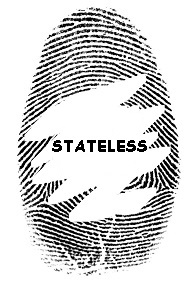Many countries in Eastern Europe continue to have large ethnic Russian minorities, including Latvia and Estonia, where ethnic Russians continue to be denied citizenship. The breakup of the Soviet Union was one of the largest creators of statelessness in recent memory and statelessness in many Eastern European countries continues because of historic tensions between those countries and Russia. Since the invasion of the Ukraine by Russia, the issue of belonging for ethnic Russians has taken on a new dimension, with many Eastern European countries worried that ethnic Russian populations could be used as an excuse for invasion, as they were in the Ukraine. In 2014, Russia passed a new citizenship law granting Russian citizenship to the Russian-speaking grandchildren of Russian citizens, with potentially wide-ranging effects across the former Soviet Union.
The entire question of Russian sovereignty and citizenship in Eastern Europe took a dark turn in 2015 and 2016, with the invasion of the Ukraine, and Russian meddling in the US election, which seems to have been partially motivated by a desire to shore up Russian interests in Eastern Europe. We got a window into the Russian government's plan for Ukraine this week, when Trump received an unofficial, back-channel "peace deal" from the pro-Russia faction within the Ukraine. The plan relies on Ukrainian voters to decide the future of Ukraine by referendum. As the Washington Post reported, "The Times reported that the proposal discussed at last month’s meeting included a plan to require the withdrawal of Russian forces from Eastern Ukraine. Then Ukrainian voters would decide in a referendum whether Crimea, the territory Russia seized in 2014, would be leased to Russia for a 50-year or a 100-year term."
This map shows the dispersion of ethnic Russians and Russian speakers. It's not clear from the "peace plan" what portions of Ukraine would be voting in the proposed "referendum", but if limited to the regions annexed by Russia, the outcome would likely be positive for Russia. There are fears that Russian may continue moving into the Ukraine, taking other regions occupied by large percentages of ethnic Russians. Meanwhile, the looming question of President Trump's involvement in the situation remains open. One thing is certain: the question of statelessness, nationality and belonging in the former Eastern Block will continue to be important for some time.

No comments:
Post a Comment